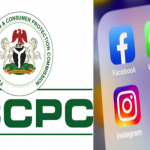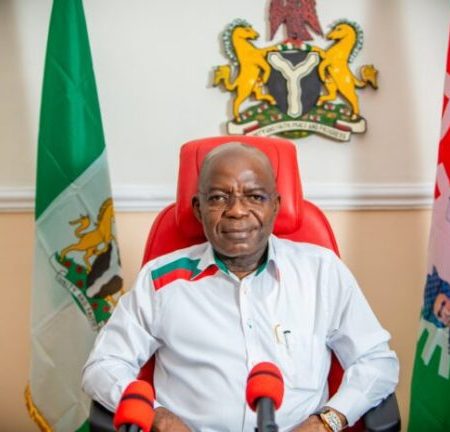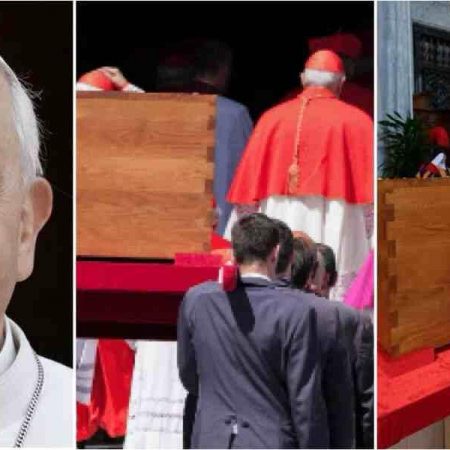In a significant move to ease tensions between the world’s two largest economies, China has decided to exempt certain US imports from its heavy 125% tariffs, urging American companies to identify key goods that they need levy-free.
This decision comes after de-escalatory statements from Washington, marking a potential turning point in the ongoing trade conflict that has led to substantial disruptions in trade between the two nations. Business groups have expressed hope that the exemptions could extend to a wider range of industries, which could alleviate some of the pressure caused by the trade war.
The move saw a slight uptick in the US dollar and positive reactions in equity markets in Hong Kong and Japan. It also signals a possible softening of the aggressive tariffs that have contributed to fears of a global recession.
Alfredo Montufar-Helu, a senior adviser to the Conference Board’s China Center, suggested that the exemptions could be a quid pro quo measure to de-escalate tensions. He noted that both countries appear reluctant to make the first move towards reaching a deal.
Speaking to TIME magazine, US President Donald Trump confirmed that talks between the US and China were ongoing regarding tariffs. Trump revealed that Chinese President Xi Jinping had called him, though he did not disclose the specifics of their conversation. Trump stressed that the call was not a sign of weakness on Xi’s part.
While Beijing has not fully confirmed the details of the ongoing talks, the tariff exemptions could provide much-needed cost relief to companies in both China and the US, potentially taking some pressure off US exports.
The European Union Chamber of Commerce in China has also raised the issue of tariff exemptions with China’s commerce ministry, and they are currently awaiting a response.
These developments suggest that both China and the US may be taking steps to move toward a more cooperative economic relationship, with hopes that further discussions may pave the way for a broader trade agreement.









No Comment! Be the first one.